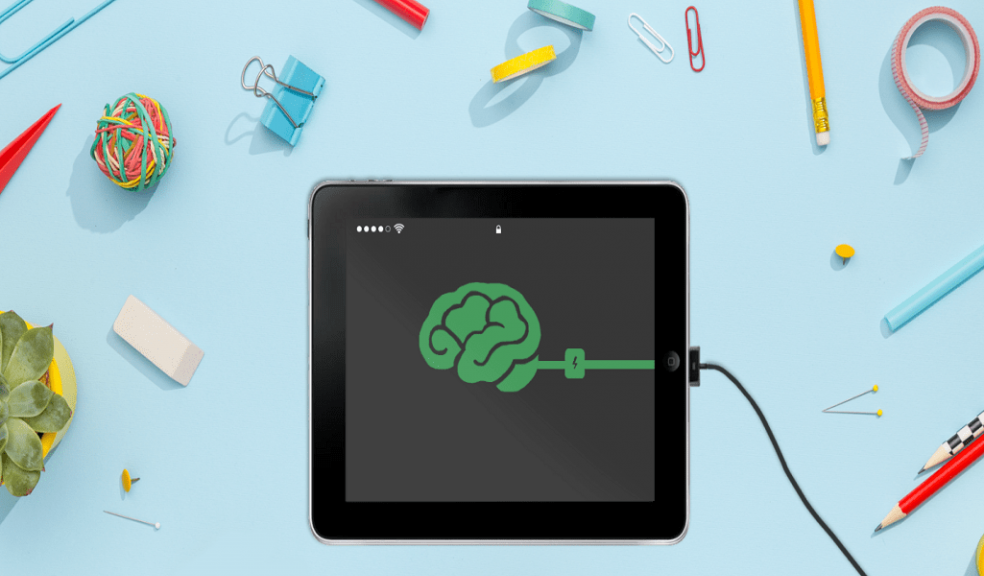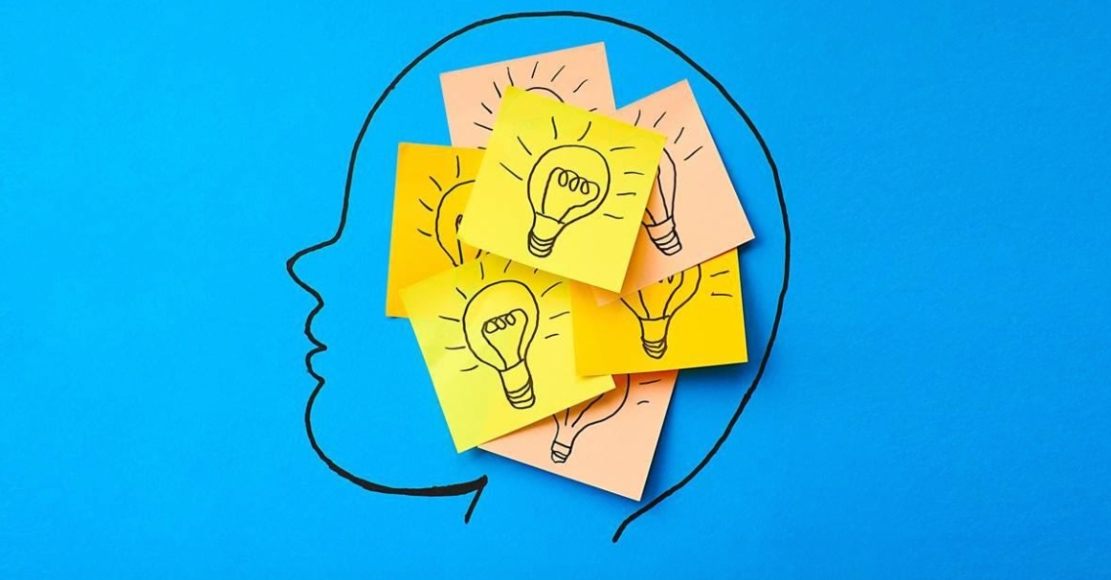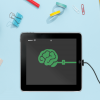
9 Easy Memory Boosting Hacks for Students who want to Top
Back to back exams often drain a student’s mind. Especially when you’ve got thousands of lines to remember, you feel quite exhausted.
What if we tell you it isn’t hard to remember what you read? It only takes a few tricks from the science behind memory boosting.
We’ve put together some super-easy hacks together here. You’ll be surprised as you scroll till the end that it takes little things to boost your brain’s productivity.
9 Memory Boosting Hacks every Student must try!
1. Sleep well
Sleeping is like keeping your brain to charge.
You’ve heard this often, right. Students must have a sound sleep for around 7 to 8 hours. (Yes, we know what we’re talking about and also know you’re worried for your upcomming reading stuff too).
Sleep and memory have an intimate connection. When you’re sleeping, your brain processes the stored information in your short-term memory. So, you feel sleepy after attending lectures or study sessions & want to take a nap.
Don’t nap for less than 30 minutes. If you’ve got at least 90 minutes, do it! Also, remember to stick to a sleep schedule even during examinations. It allows your brain to remember what you read.
2. Focus on One Thing at a Time
You’ve got many theoretical and practical exams to attempt, but this doesn’t mean you’ll mishmash them. Create a proper plan and concentrate on one thing at a time. Don’t let your mind wander elsewhere when you’re into reading something.
It benefits you in two ways:
- You’ll complete reading faster
- Get enough time for revision without diverting focus
3. Exercise Before Exams
This sounds strange but true!
Regular exercise benefits your body and exercising before exams improve your memory. If possible, take a brisk walk before you enter the examination hall. Exercising increases oxygen flow in your bloodstream and boosts oxygen towards the brain. Your brain will function at a high level & also lifts-up your mood to give the best performance.
4. Train your mind to See & Learn
Teach me and I forget, involve me and I learn. Do you remember this quote?
Implement this in your reading schedule. Draw a rough diagram to understand things better. It can be a graph, pie chart, or something that lets you improve memory of the things you’re reading. When you see what you learn, you’re likely to remember it for a long time.
Your brain captures that image. Needless to say, those pictures are more memorable than theories or long paragraphs.
5. Revise with Reading Out Loud
You often yawn when you’re mutely reading something. However, your brain’s activation levels are different when you read out loud while learning. Even normal reading exercise will work.
Your brain picks things up rapidly when you’re skimming over it. Also, you’ll remember where & what you were doing something while reading something. Recalling things is always a good idea for memory boosting.
Warning: Don’t try this in quiet libraries!
6. Take Breaks More Often
This doesn’t mean you have to use your smartphone every 10 minutes. Taking breaks means doing things that make you feel relaxed and calm. After all, exam stress is a thing and you should not pressurize yourself too much.
If you’ve been reading for 2 to 3 hours continuously, take a 15 to 20-minute break. Eat your favorite stuff, listen to calming music, or take a shower – the best thing you can do. Sometimes, difficult or boring subjects turn interesting because of these much-needed breaks. Try this!
7. Connect Reading with Stuff you Like the Most
Don’t read with a frustrated mind; learn to have fun while reading. We know you’re serious about topping the class, but the key to remember is linked with fun.
Instead of getting into it with a stressed mind, connect your reading with the practical world. Tell instances to yourself about what you read. Readout with a song tune or make stories with the stuff. It works fantastic!

8. Create a Mind Map
Whether you’re studying history, chemistry, geography, or any given tough subject, Mind Map making is brilliant.
Create a visual format of the things you read & see how clutter-free it turns out. Storing & retrieving information in your brain is this simple.
9. Pen Down
It’s quite old fashioned but an evergreen technique to increase memory.
The 21st-century students are technology savvy. They will better like to use a writing app instead of troubling themselves to use a pen or pencil.
However, committing information to memory is a physical art of setting your brain at work. You’ll remember things easily by making keynotes for any given topic.
The Bottom Line
Lastly, we would love to share what most toppers do – use memory boosting pills.
It’s important to keep your sleeping schedule on track abd also focus on the upcoming examination. The world’s most popular and recognizsed booster smart pills are:
If you think you need them badly, consult your doctor and ask if you can use them. They have less to no side-effects and enhance the brain’s functioning for better memory. After all, when you want to crack exams by topping it, don’t leave any stone unturned.
Once you’re prescribed with any of them, only use them as guided. You may buy Etizolam pills online or from your local pharmacy. You’ll surely see improvements.




















